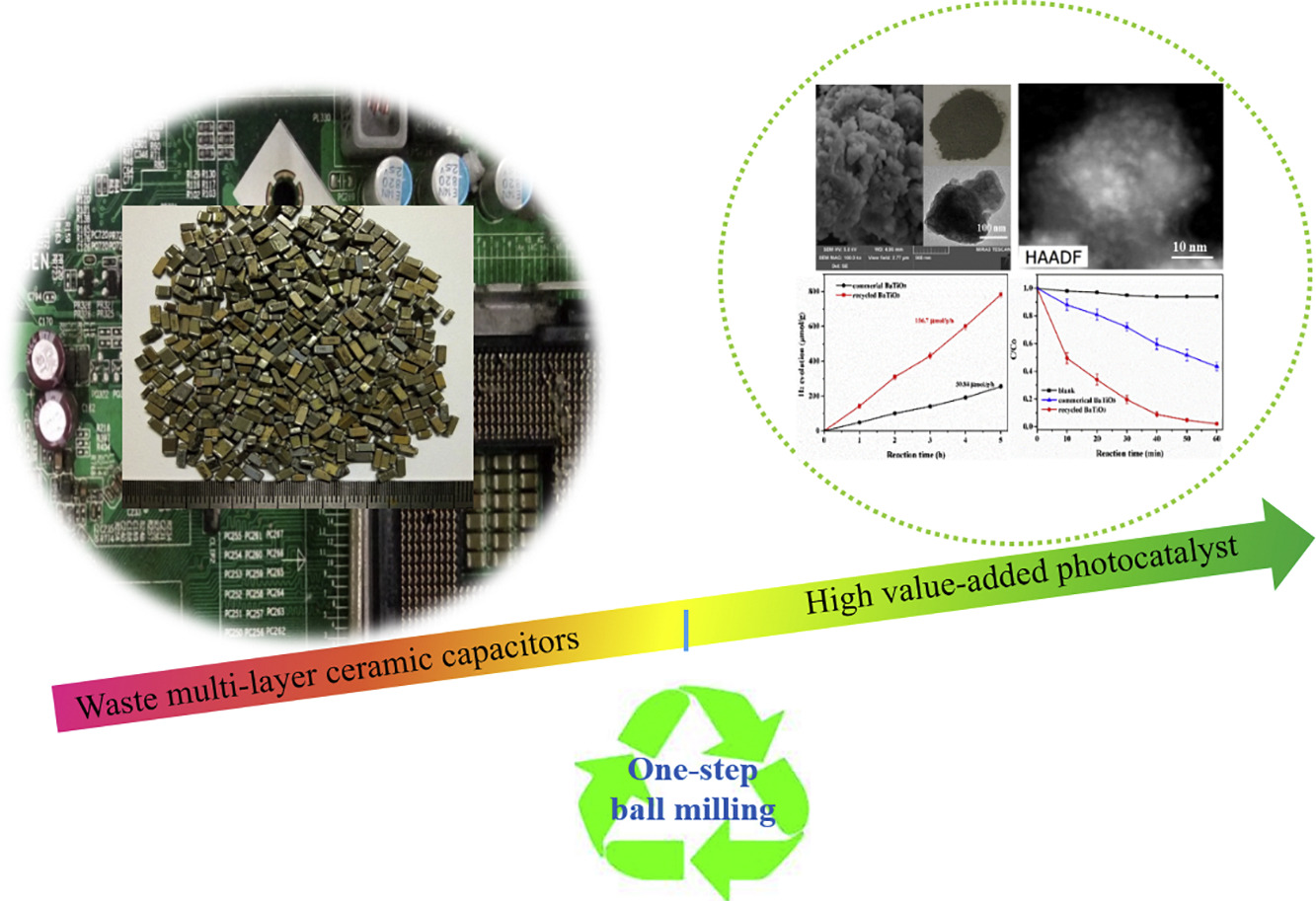Elsevier, Measurement: Journal of the International Measurement Confederation, Volume 143, September 2019
With the advantages of reducing CO2 emissions and improving the sustainability of supply chain, returnable containers have been widely used in logistics processes. This paper considers a returnable containers supply chain that consists of a single vendor and multiple buyers. To minimize the total cost of the system and balance the containers flow, we assume that the buyers can invest in employee training to reduce the loss fraction of returnable containers.
Elsevier, City and Environment Interactions, Volume 1, September 2019
Municipal advisory committees are becoming increasingly influential in guiding decision-making processes that address climatic issues. According to the Adaptigation Institutionalization Framework (included in the recent IPCC report), the implementation of such participatory structures is vital for the effective, joint institutionalization of climate change mitigation and adaptation. However, there is a lack of empirical evidence to support this claim. Against this background, this paper tests the Adaptigation Framework using the example of municipal advisory committees in Germany.
Elsevier, One Earth, Volume 1, 20 September 2019
Conservation of biodiversity and ecosystem services in natural environments requires careful management choices. However, common methods of evaluating the impact of conservation interventions can have contextual shortcomings. Here, we make a call for counterfactual thinking—asking the question “what would have happened in the absence of an intervention?”—with the support of rigorous evaluation approaches and more thoughtful consideration of human dimensions and behavior.
Elsevier, Sustainable Materials and Technologies, Volume 21, September 2019
Waste multilayer ceramic capacitors (MLCCs), containing BaTiO 3 , Ag, Pd, Ni and Sn etc., are valuable secondary resource. The existing recycling process has great challenges when considering environmentally friendly and efficient separation and recovery of resources. From a new perspective of resource recycling, we directly utilized the complex components of waste MLCCs as a Nb–Pb codoped and Ag-Pd-Sn-Ni loaded BaTiO 3 nano-photocatalyst through one-step ball milling process. The as-prepared photocatalyst exhibited superior photocatalytic performance.
Elsevier, Sustainable Chemistry and Pharmacy, Volume 13, September 2019
There are increasing policy and market drivers for removing chemicals of concern from manufacturing processes and products. These drivers have centered primarily on developed countries. However, global activities through the United Nations, individual countries, and advocacy organizations are increasing concerns about chemical impacts in developing countries and economies in transition as well. While reducing the use of chemicals of concern is a primary goal, eliminating such substances without thoughtful consideration for their replacements can lead to regrettable substitutions.
Elsevier, Soil and Tillage Research, Volume 192, September 2019
The no-tillage system combining winter cover crops and crop rotation may increase the efficiency use of soil P and phosphate fertilizer. The objective of this study was to evaluate the effect of three decades of different soil management systems and winter cover crops on the fractions of P in a clayey Oxisol of Paraná State, Brazil. The bi-factorial experiment with three replicates was established in 1986. The main plots consisted of seven winter cover crops. In the subplots, two tillage systems were used: no-tillage and conventional tillage.
Elsevier, Soil Biology and Biochemistry, Volume 136, September 2019
Soils host the vast majority of life on Earth including microorganisms and animals, and supporting all terrestrial vegetation. While soil organisms are pivotal for ecosystem functioning, the assemblages of different biota from a taxonomic and functional perspective, as well as how these different organisms interact, remains poorly known. We provide a brief overview of the taxonomic and functional diversity of all major groups of soil biota across different scales and organism sizes, ranging from viruses to prokaryotes and eukaryotes.
Elsevier, One Earth, Volume 1, 20 September 2019
Conservation of biodiversity and ecosystem services in natural environments requires careful management choices. However, common methods of evaluating the impact of conservation interventions can have contextual shortcomings. Here, we make a call for counterfactual thinking—asking the question “what would have happened in the absence of an intervention?”—with the support of rigorous evaluation approaches and more thoughtful consideration of human dimensions and behavior.
Elsevier, One Earth, Volume 1, 20 September 2019
Conservation of biodiversity and ecosystem services in natural environments requires careful management choices. However, common methods of evaluating the impact of conservation interventions can have contextual shortcomings. Here, we make a call for counterfactual thinking—asking the question “what would have happened in the absence of an intervention?”—with the support of rigorous evaluation approaches and more thoughtful consideration of human dimensions and behavior.


